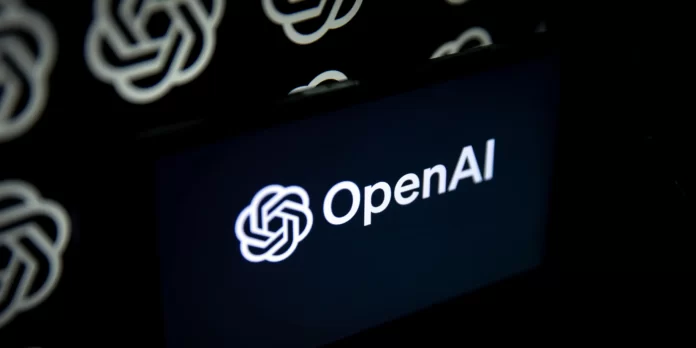A group of a dozen former OpenAI employees filed a legal brief on Friday supporting Elon Musk’s lawsuit against OpenAI, marking the latest escalation in the battle over the future direction of the artificial intelligence pioneer.
The former employees, who held technical and leadership roles at OpenAI, argued that removing the nonprofit’s controlling role would “fundamentally violate” the company’s founding mission to develop AI for the benefit of humanity. In their federal court filing, they stressed that nonprofit oversight was critical to OpenAI’s strategy and culture, citing that many joined the organization specifically because of its humanitarian mission.
Elon Musk, a co-founder of OpenAI and CEO of Tesla, sued OpenAI and CEO Sam Altman last year, accusing them of steering the organization away from its original nonprofit vision toward corporate profit motives. OpenAI and Altman have denied the allegations, maintaining that the company remains committed to its mission.
OpenAI argues that restructuring is necessary to attract new investment. As part of its defense, the company stated that although the nonprofit’s controlling role would change, it would continue to hold a valuable stake in the for-profit entity, ensuring long-term resources to pursue its original goals. “Our Board has been very clear: our nonprofit isn’t going anywhere and our mission will remain the same,” OpenAI said in a statement.
The nonprofit’s role has become a flashpoint as OpenAI seeks to complete a $40 billion fundraising round by the end of the year. Investors are pressuring the company to modify its governance structure to secure the financing.
Musk’s legal challenge and the latest filing from former staffers could complicate OpenAI’s transition plans. A jury trial on the matter is scheduled to begin in the spring of next year.
Tensions between Musk and Altman have been intensifying. After leaving OpenAI years before its rise to prominence, Musk launched his own AI venture, xAI, in 2023. OpenAI has claimed that Musk’s actions are motivated by competitive interests, alleging he aims to slow the company’s momentum.
The case highlights broader concerns over whether the rapid commercialization of artificial intelligence will undermine efforts to ensure the technology is developed ethically and for the public good.




